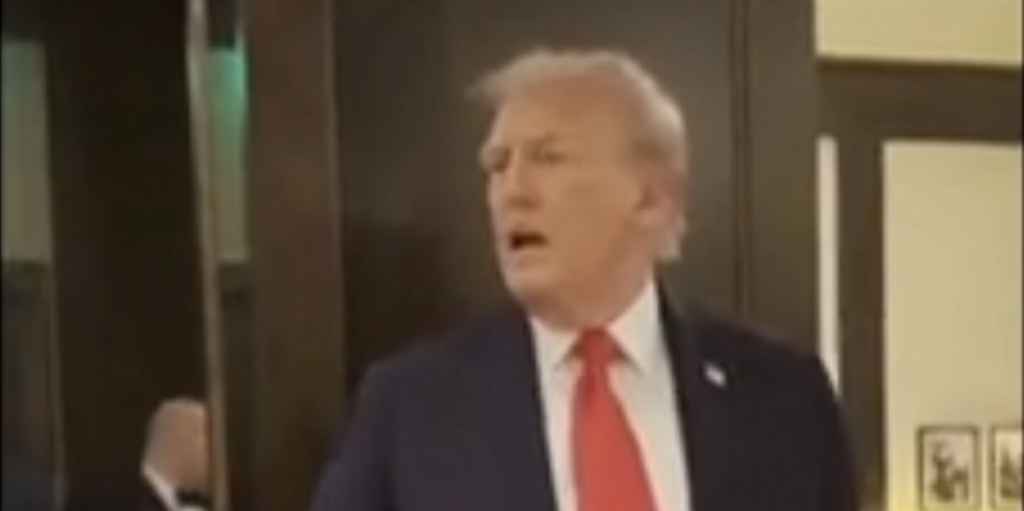His administration filed an emergency appeal Friday, criticizing a lower court’s decision to block the deportations as a “needless affront” to executive authority.
Others are reading now
President Donald Trump has asked the U.S. Supreme Court to lift deportation protections for roughly 300,000 Venezuelans currently living in the United States.
Homeland Security’s Reversal Sparks Legal Clash
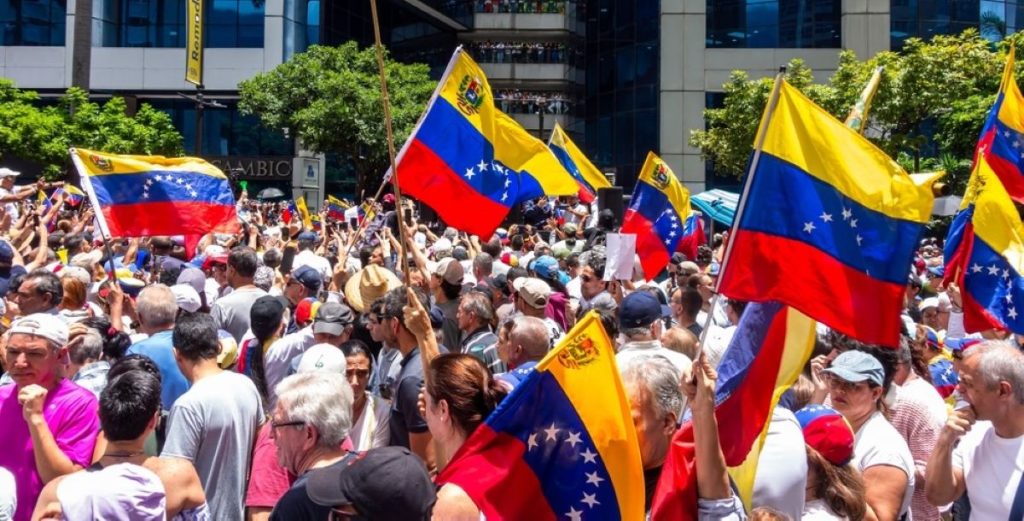
The dispute stems from a decision earlier this year by Homeland Security Secretary Kristi Noem to revoke Temporary Protected Status (TPS) for Venezuelan migrants.
This humanitarian status had shielded many from deportation due to ongoing instability in Venezuela. Noem’s move triggered swift legal challenges.
Emergency Appeal Highlights Legal Tensions
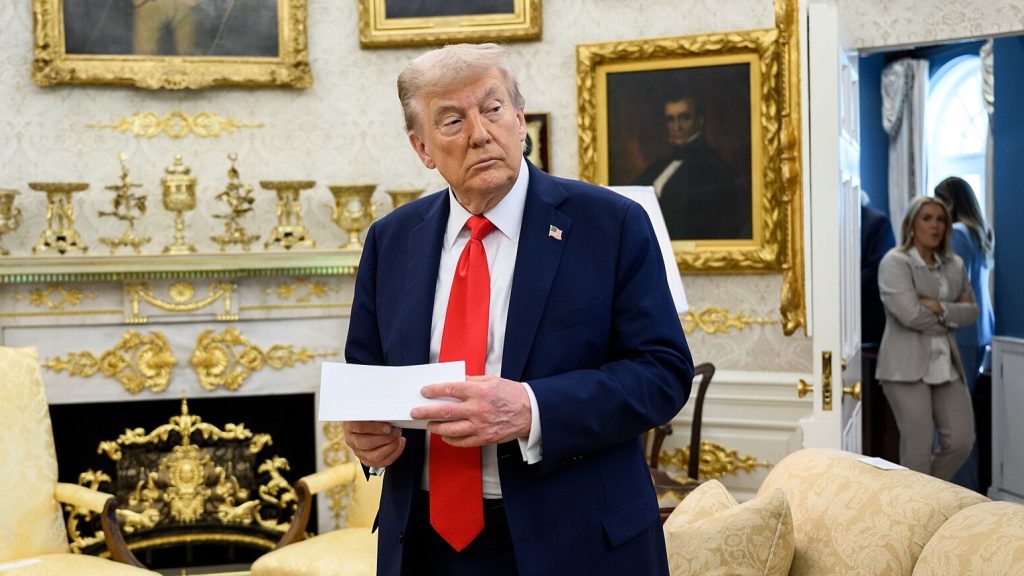
This is the second high-stakes appeal Trump’s administration sent to the Supreme Court on Friday alone, underscoring the breakneck pace of legal battles during his second term.
The case also touches on wider concerns about how courts should interpret brief and often unexplained emergency orders from the nation’s highest court.
Also read
Supreme Court Already Weighed In—Sort Of
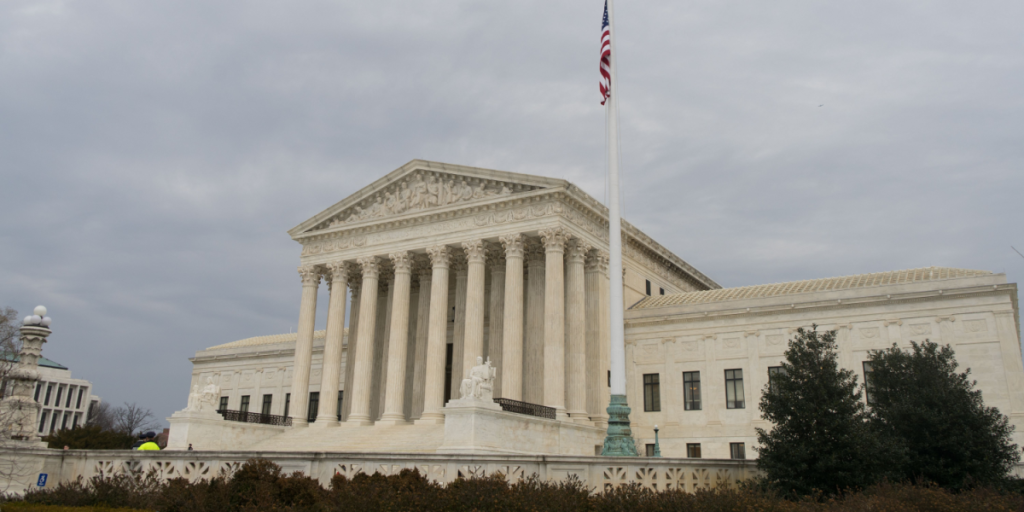
In May, the Supreme Court permitted Trump to proceed with ending TPS, though the decision came without a written explanation.
Justice Ketanji Brown Jackson dissented, but the case continued in the lower courts. A federal judge in California later sided with the Venezuelan plaintiffs, again halting the deportations.
Administration Slams Lower Courts’ Defiance
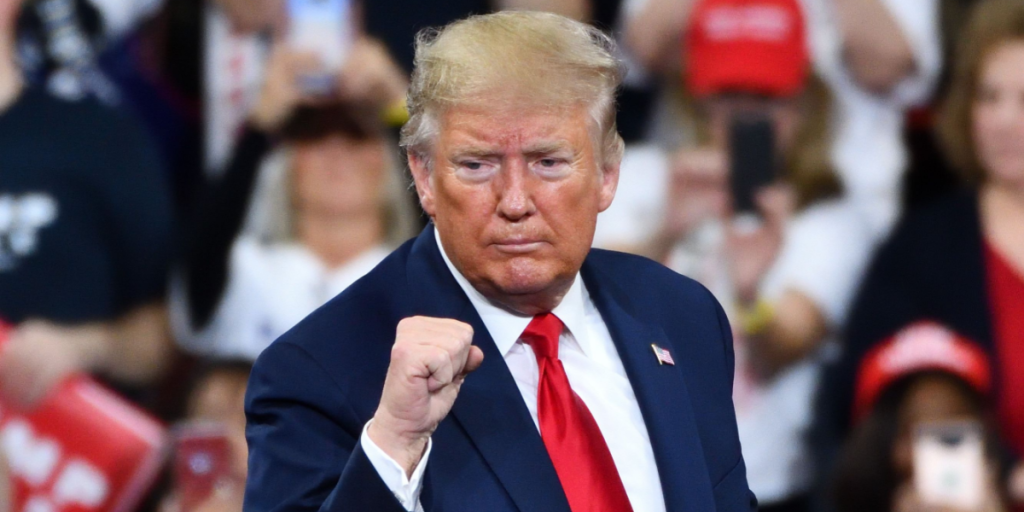
In its Friday appeal, the Trump administration sharply criticized U.S. District Judge Edward Chen and the 9th Circuit Court of Appeals for re-blocking the policy.
It claimed the courts had taken an “indefensible” stance by ignoring the administration’s judgment and authority on immigration matters.
National Interest Cited as Key Justification

Trump’s legal team argued that allowing the TPS recipients to stay is “contrary to the national interest,” citing Homeland Security’s recent findings.
Also read
“So long as the district court’s order is in effect,” the administration wrote, “the secretary must permit over 300,000 Venezuelan nationals to remain in the country.”
Lack of Clarity from the High Court Raises Questions

The Supreme Court’s earlier ruling in the case came without any explanation. Trump’s lawyers said that shouldn’t matter, arguing, “Whether those orders span one sentence or many pages, disregarding them is unacceptable.”
But many lower court judges say they’re struggling with how to interpret such vague rulings.
Judges Express Frustration with Vague Precedents
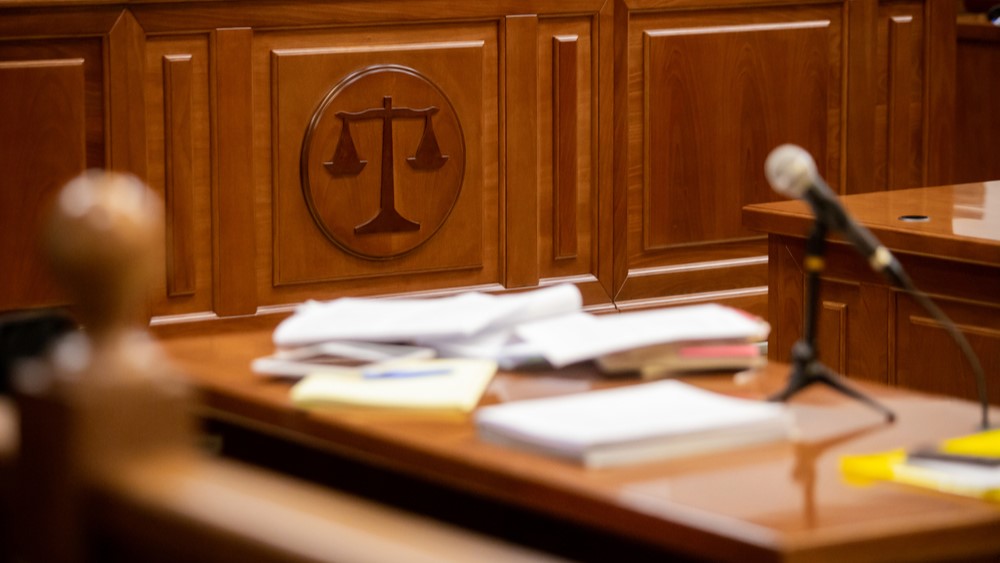
U.S. Circuit Judge James Wynn voiced concerns during a recent hearing, saying bluntly of the Supreme Court’s emergency rulings: “They’re telling us nothing.”
His comments reflect broader judicial unease with how to apply precedent when the high court offers little to no guidance.
Also read
Noem’s Authority Under Legal Scrutiny
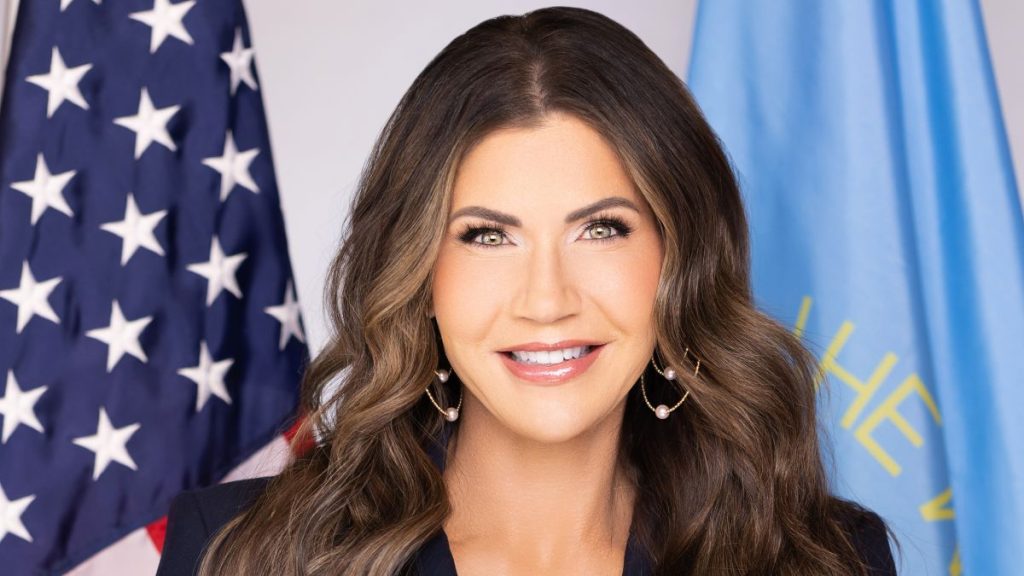
A core issue is whether Kristi Noem had the legal authority to abruptly end the TPS designation before it was due to expire.
Challengers argue the decision broke federal administrative law and failed to follow required procedures for policy changes.
Allegations of Bias Add Another Layer

Lawyers for the Venezuelan TPS recipients also allege that Noem’s decision was politically and racially motivated.
These claims further complicate an already contentious legal battle, which could shape how immigration policy is interpreted, and enforced, at the federal level.

